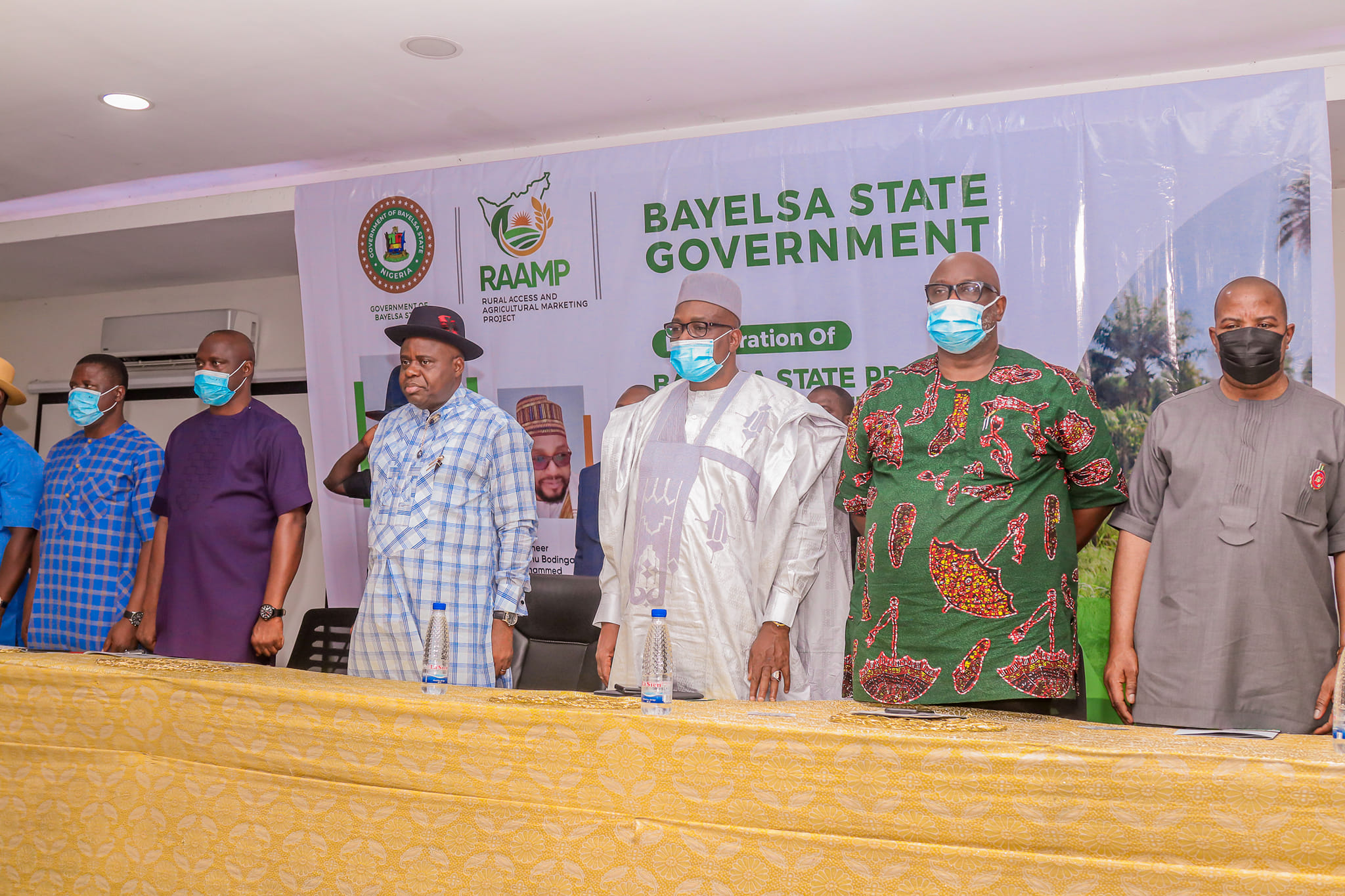Business
E-Call Up System: Truckers Raise Alarm Over Extortion

Experts in the haulage and logistics supply chain of the maritime sub-sector have raised alarm over alleged hike of the e-call up system introduced by the Nigerian Ports Authority (NPA) and managed by Truck Transit Park (TTP) Limited.
The experts lamented that the official N10,000 charges collectible by TTP Limited allegedly goes for N25,000 per truck, adding that multiple taxation and extortions from the various associations may trigger further hike in charges of container laden trucks if not properly addressed.
According to them, gladiators in the political arena are allegedly engaging thugs along the corridors of ports to extort truckers ahead of the 2023 elections .
Chief Executive Officer, Nedu Logistics Solutions Limited, Mr. Kelvin Okechukwu, in a chat with our correspondent in Lagos lamented that despite paying huge amount on call up system to evacuate containers , multiple extortions from the thugs under the guise of representing various associations in haulage activities create more problems for genuine operators in the clearance of cargo from the ports.
He alleged that the monies collected for the call up in recent time have been extremely high for the truckers to pay, calling on the relevant authorities to review the charges because the current N25,000 rate will not go down well for genuine operators.
Okechukwu reiterated that the call up charges now attract about N25,000 officially and with a break down of the new collection, he alleged that “They collect the call up in three phases and each phase attract N10,750 while we the truckers are to pay twice with additional N5,000”.
He further alleged that there are about twelve points manned by security agencies and the touts thus demand and extort N1000 from truckers at every point along the port corridors.
Along the Apapa/Oshodi corridor, he said, every 500 meters attract a N1000 levy or ticket payable to the various touts claiming to be members of haulage associations and security agencies.
Calling on the government to find lasting solutions to end touting along the port corridors, he said, “I’m telling you authoritatively that those touts on the roads are working for politicians.
“We have done so much to push them out but at the end of the day, they are still there on the road because they have the political backing above.
“We go to police, they will say there is nothing they can do, even when we go to the navy, they will even give them protection.
He lamented that the Police, LASTMA and NPA personnel are not left out of frustrating the genuine haulage operators against the backdrop of the objective of the call up system.
While expressing frustration over the bottlenecks and extortions on cargo movement from the ports in Lagos, the logistics service provider stated that the call up system was aimed to reduce the challenges faced by truckers and not to create setbacks for operators .
He urged the Federal Government to prioritize the port corridors construction to enable smooth vehicular movement of haulage trucks, noting that the call up has potential to enhance movement of cargoes from the seaports
On his part, a chieftain of the National Association of Government Approved Freight Forwarders (NAGAFF), Dr. Arthur Igwilo, lamented that the multiple extortion has led to the hike in the cost of manufactured goods in Nigerian markets.
Igwilo decried the humiliation and molestation of truck drivers and their assistants in the hands of thugs, even as he appealed to the government to put motion in place to eliminate the hiccups affecting trade facilitation.
Attempts to contact officials of TTP Limited proved abortive as messages sent was not replied as at the time of filing this report.
By: Nkpemenyie Mcdominic, Lagos
Business
NCDMB, Jake Riley Empower 250 Youths On Vocational Skills

Business
NUJ Partners RSIRS On New Tax Law Education

Transport
Nigeria Rates 7th For Visa Application To France —–Schengen Visa

-

 Sports2 days ago
Sports2 days agoArsenal Women End Man City’s Invincibility
-

 Sports2 days ago
Sports2 days agoInsurance Deepen Enyimba’s Trouble
-

 Sports2 days ago
Sports2 days agoU-20 WWC: Falconets claim qualifier win
-

 Sports2 days ago
Sports2 days agoYouth Olympics preparation Gears up
-

 Sports2 days ago
Sports2 days agoTornadoes Set For NPFL exit over Stadium Ban
-

 Sports2 days ago
Sports2 days agoCologne Youth Team Set Crowd Record
-

 Environment2 days ago
Environment2 days agoRivers State Government Suspend Fire Service Collection Levies
-

 Environment2 days ago
Environment2 days agoLASEMA pushes attitudinal change to cut fire outbreaks in Lagos

